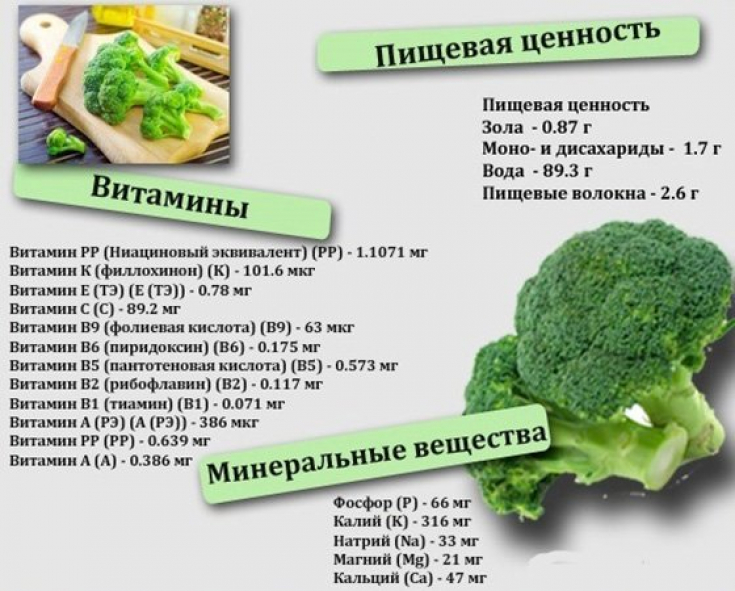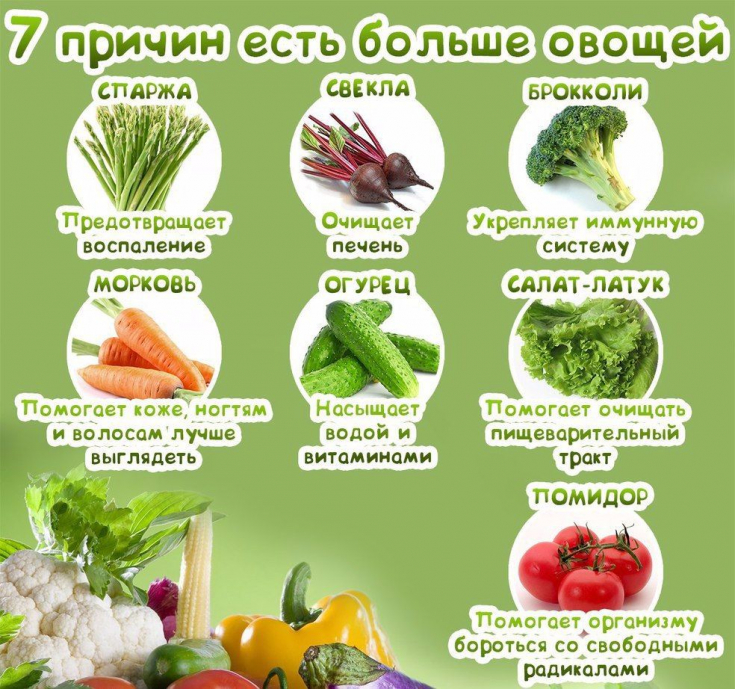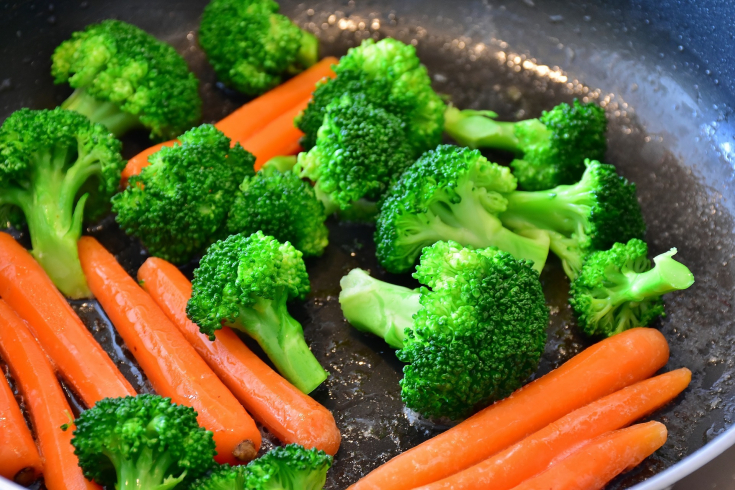All types of cabbage are useful. Doctors and nutritionists do not get tired of reminding about this. But & nbsp; broccoli is beyond competition. It is she who is recommended for the prevention of heart attacks, strokes, diabetes mellitus and as an additional remedy in the treatment of diseases of the nervous system. Nutritionists are convinced that this type of cabbage is indispensable for people suffering from constipation. The editors of estet-portal.com offer to figure out what the benefits of broccoli are, how to properly store and cook it in order to preserve all its valuable qualities.
- Benefits of broccoli: nutritional value and vitamins
- 4 facts about healing properties of broccoli
- How to store and cook broccoli: useful tips
- The main thing about the benefits of broccoli and the features of its preparation
Benefits of broccoli: nutritional value and vitamins
This cabbage was loved even in Ancient Rome. She is now adored in Europe and USA. Broccoli is considered a must in a healthy diet as it has valuable properties common to all types of cabbage and several other crops. In appearance, it is very similar to cauliflower, but has a different head color and differs in composition.
Follow us on Instagram
Broccoli contains a lot of proteins (2.82 g/100 g), there are healthy fats (0.37 g/100 g). In terms of the amount of proteins, this type of cabbage competes with green peas and left super-healthy spinach behind. Broccoli is advised to include children, athletes, sick and weakened people in the menu. Nutritional value — 34 kcal/100 g
The main benefit of broccoli is a huge amount of vitamins:
-
Vitamin C. An essential vitamin that provides protection against infections and normal metabolism. Content in 100 g — 446 mg. To get your daily dose of vitamin, just eat a portion of this type of cabbage.
-
Vitamin A. This vitamin is essential for normal metabolism. It participates in the process of formation of bone tissues and teeth. Content in 100 g — 1930 mcg.
-
Vitamins of group B. Vitamin B9 is especially valuable — folic acid, necessary to maintain immunity, normal functioning of the circulatory system. Content in 100 g — 315 mcg.
-
Vitamin K. Responsible for blood clotting and metabolism. Content in 100 g — 508 mcg.

In addition to vitamins, broccoli contains many trace elements. This vegetable is rich in potassium (1580 mg/100 g), calcium (235 mg/100 g), magnesium (105 mg/100 g), phosphorus (330 mg/100 g), iron (3 .65 mg/100 g). If you can tolerate milk and are looking for a complete replacement to get the calcium you need, then 100 g of broccoli per day will bring about as much benefit as a glass of milk.
Read also: Diet for liver disease: what you can and not to eat
4 facts about healing properties of broccoli
BBC Non-Fiction Director Jill Fullerton-Smith reveals interesting facts about broccoli:
-
Prevention of heart disease. The vegetable contains choline and methionine — substances that promote the excretion of cholesterol. This protects the cardiovascular system.
-
Constipation treatment. Lots of fiber — what you need to get rid of problems with intestines. But that's not all. Broccoli has a good effect on the state of the liver. Cabbage improves bile secretion.
-
Normalization of blood sugar. It is vital for diabetics to eat broccoli containing sulforaphane— a substance that normalizes sugar levels. It is also a great way to prevent diabetes.
- Improve the state of the nervous system.
Cabbage — a valuable source of B vitamins, which are responsible for the state of the nervous, cardiovascular, digestive systems. A portion of broccoli will help to cope with stress, improve metabolism.
 The colossal benefits of broccoli — good reason to include it in your diet. But this vegetable can be dangerous if not cooked properly. When frying, it accumulates carcinogens. Also, you should not eat broccoli for people with gastritis and gastric ulcer, pancreas.
The colossal benefits of broccoli — good reason to include it in your diet. But this vegetable can be dangerous if not cooked properly. When frying, it accumulates carcinogens. Also, you should not eat broccoli for people with gastritis and gastric ulcer, pancreas.
Top 13 Foods Good for Liver Health How to store and cook broccoli: useful tips
Broccoli should not be fried in fat as it increases the risk of cancer. Also, do not use decoctions from this type of cabbage. When cooking in water, harmful substances accumulate — adenine and guanine. To preserve its beneficial properties, cabbage should be bought and cooked fresh. Can be stored in the refrigerator for no longer than a week. Good storage option — freeze.
Tips for correct cooking:
- Inflorescences are edible, but stems can also be used. They are pre-cleaned.
-
-
Blanching. Heat treatment time — 3-5 minutes. -
Baking. You can cook cabbage in the oven. It is preliminarily sprinkled with a small amount of oil. -
Perfect solution — broccoli salad. Cabbage is mixed with other vegetables, seeds, dried apricots, raisins are added, seasoned with sour cream sauce or mayonnaise. Lots of options. It all depends on the imagination of the hostess. If you plan to use cabbage stalks, peel them with a potato peeler. This will save a lot of time. Otherwise, they are treated in the same way as inflorescences.
Read also:
Seasonal appetite: what to eat in winter so as not to get betterThe main thing about the benefits of broccoli and the features of its preparation
Broccoli — invaluable health product. To get the most out of this vegetable, follow these simple rules:
- Include broccoli in your daily diet.
- You will get your daily dose of calcium, vitamin C and a lot of other useful substances.
Also, don drink decoctions, cook soups on them.Don fry cabbage over high heat. -
Try to eat your cabbage raw.
It can blanch, boil and bake, but raw broccoli — perfect. -
Follow us on
Telegram
A serving of broccoli salad will benefit everyone except people with gastrointestinal problems. They desirably consult a doctor. Read also:
The effective 10-day diet for colon cleansingYou might be interested: Perfect belly in 5 minutes!






Add a comment